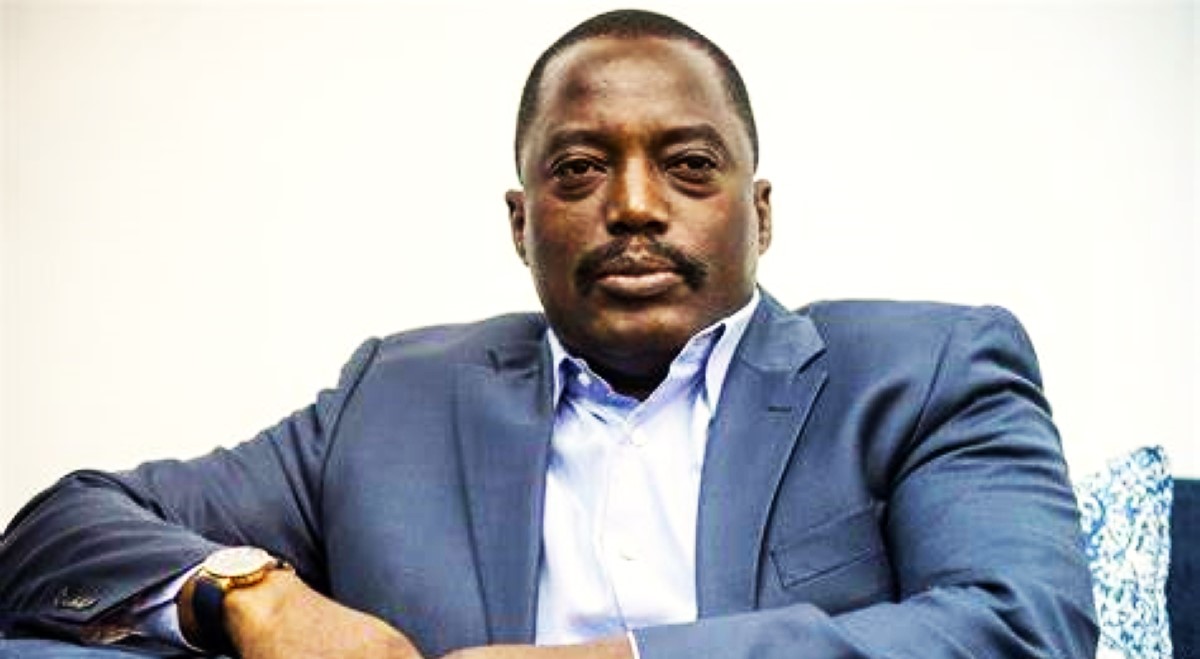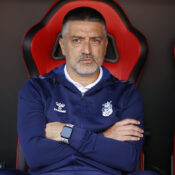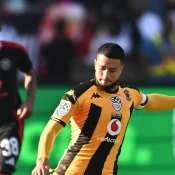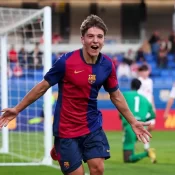
Kabila declares his intention to return to DR Congo
Joseph Kabila, the former president of the Democratic Republic of the Congo, announced on Tuesday, April 8, that he would return to the nation after six years of exile and silence.
Kabila announced in early March that he had halted his studies in South Africa in order to “deal with the worsening situation,” in eastern Democratic Republic of the Congo, where a government coalition has been engaged in combat with the AFC/M23 rebels for more than three years. The key cities of Goma and Bukavu are currently under rebel control.
“After six years of absolute silence, a year in exile, and given the deteriorating security situation throughout the country…I have resolved to return without delay to the DRC in order to contribute to the search for a solution,” Kabila stated to Jeune Afrique on Tuesday.
Felix Tshisekedi, his successor, has been accused by the immediate past president of mishandling the security situation and of bringing the large nation “close to imploding.”
Having spoken with Congolese politicians and other presidents and previous presidents in the region, Kabila said he would return to his country via the country’s volatile eastern region, which has been unstable for thirty years.
The French outlet quoted him as saying, “I chose to begin with the eastern part, because there is danger there.”
Recently, Kabila has expressed concern about the continued instability in the Democratic Republic of the Congo, stressing the significance of domestic solutions to issues facing the country. He has emphasized that only internal Congolese dialogue can resolve the situation with the rebels, whom Tshisekedi claims receive help from Rwanda.
Tshisekedi’s propensity to attribute the situation to outside forces and outsource security by employing foreign armies and European mercenaries was condemned by him. In order to resolve the problem, he exhorts Congolese authorities and residents to assume responsibility.
After leaving office in 2019, Kabila has not spoken until February of this year. Kabila denied the accusation in March, claiming that the war would be different if he supported the rebels, but Tshisekedi has accused him of being behind the rebel alliance.
“We have been engaged in a number of endeavors since leaving office in line with the constitution, including scholarly endeavors, which we want to carry on with. We must take action, though, to prevent [DR Congo] from devolving deeper into anarchy as things back home get worse. “We are here to assist and to take the necessary steps to stop further deterioration,” he said in a March statement to Namibian media.
The AFC/M23 rebels captured Goma, the provincial capital of North Kivu, in January, and then gained control of Bukavu, the city of South Kivu, in mid-February, which intensified the fighting in eastern DR Congo.
Former DR Congo electoral chief Corneille Nangaa is the leader of the Alliance Fleuve Congo (AFC), a political organization that includes the M23 rebels.
The rebel alliance has gotten greater Congolese backing since the start of 2025, as more entrepreneurs and political figures have joined the struggle.
Several armed organizations, together with government troops and police, have joined the rebels in their campaign to defend Congolese Tutsi towns that have endured decades of ethnic violence.
In addition, the AFC/M23 rebels denounce the pervasive corruption and poor leadership that have made the mineral-rich nation unmanageable.
All Categories
Recent Posts
Al Ahly shows strong interest in Pimienta
Pirates lose to Chiefs in the Nedbank Cup final
Tags
+13162306000
zoneyetu@yahoo.com



